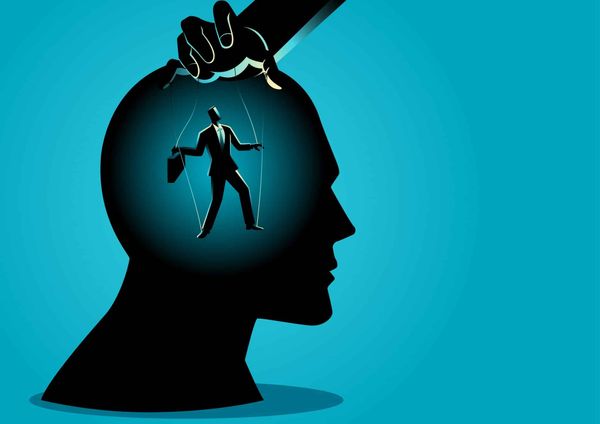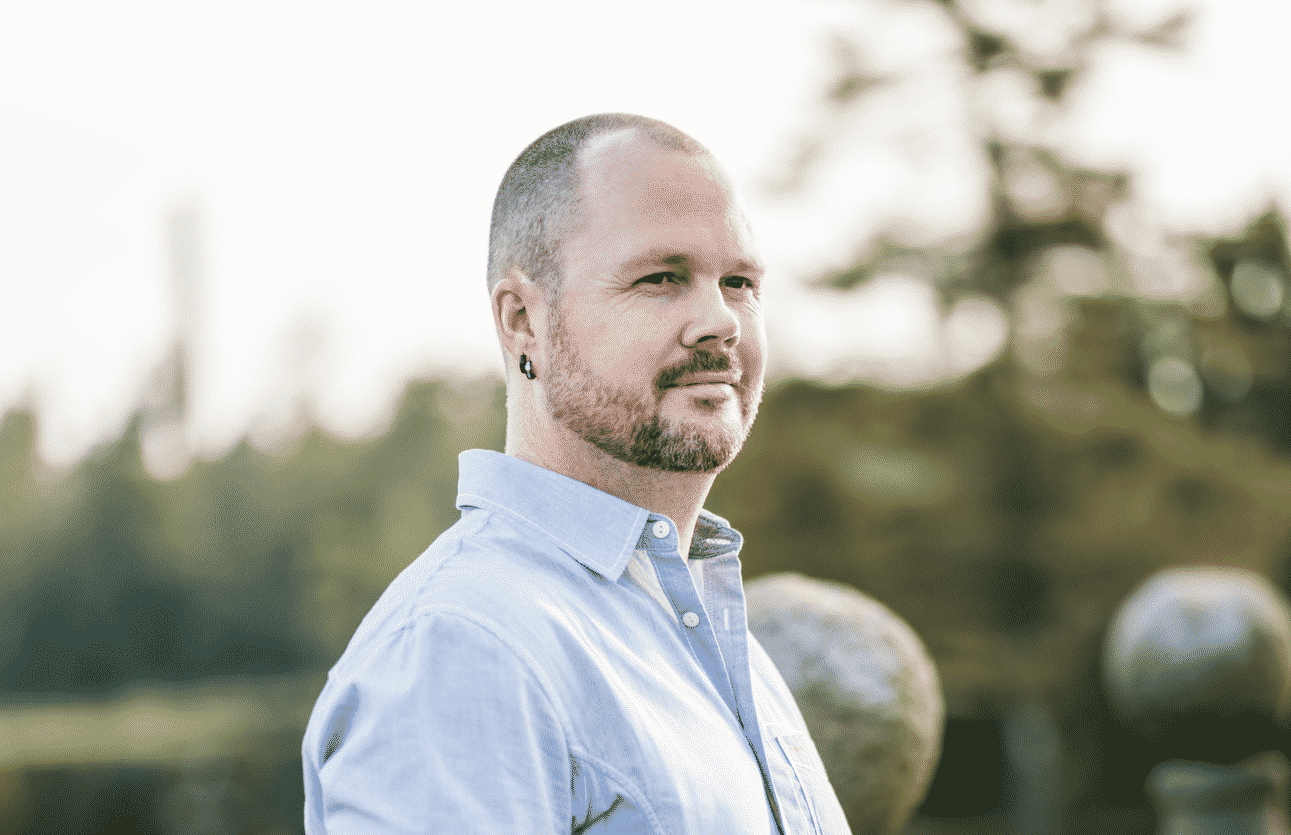Martijn Schirp • • 6 min read
6 Tips and Tricks for Polyphasic Sleep

Jordan has written some excellent articles on polyphasic sleep. So good in fact that I couldn’t resist trying it out for myself. I always tried to understand my own psyche, whether through meditation, putting myself in situations that are challenging or confronting my own strong held beliefs. Next stop was, going poly! There’s only one thing I was more excited about than going to be a polyphaser and that is doing a Ayahusca ceremony, which has a strong connection with meditation, sleep and lucid dreaming, with three Peruvian shamans in April, extensive blog report will follow!
It took me three tries before I succesfully went polyphasic. The first time I had either food poisining or stomach flu and had to quit torturing myself after only one day. The second time I immediately cut down to four hours from an initial nine to ten hours, big mistake. I was so damn tired and felt sleep deprived, I also got alot of ‘I told you so’s‘! On day six I went to the cinema to watch Zeitgeist: Moving forward. Seriously, with almost three hours of footage that movie was just too long, impossible to fit in between my naps! After that I was with friends and the trade off between feeling dead tired or having fun with the samsaric wonders of Amsterdam proved to be the end of try number two.
I’m two weeks in my third try and I’m feeling great. Its 3 am here and I just wanted to do my morning meditation but knew I had to get this out of my head first. I know it’s frowned upon in Buddhist circles to talk about how your meditation goes, because it defeats the purpose, but I just can’t resist.After going polyphasic, my meditation went AWESOME. Sometimes I have the feeling I’m back in Nepal where I made incredible progress. I chose to start with the Everyman cycle, which many polyphasers report to be the easiest to start with. Plus it is easier to cut down on more sleep, if its too easy, than to increase if its too hard. I go to bed at 11 pm, wake up around 2 am and take naps around 6 am, 12 pm and 6 pm. To be honest, there hasn’t been a single day that went exactly as scheduled and so far it hasn’t been a problem at all. It is amazingly flexible. Now let me share my findings, tips, hints and tricks!
1) Start SLOWLY!
Don’t go from monophasic to polyphasic in one go. Your body needs to get used to it, especially in getting any rest during the naps. I’d say cut down around two hours from your monophasic sleep habit and add two twenty minute naps during the day. Do this untill you’re totally adjusted and feel fine-ish. A good benchmark is having dreams BOTH naps. This means you’re getting the sleep you need during the naps. Some people are naturals and can do this after only a few days, others need a week or more to adjust. Don’t worry, if you’re in it for the long run it’s worth it! Next step is to slowly cut down more sleep from your core nap, approximately another 1.5 hours. Add another nap to the mix. This step should be fairly easy since you’re still getting sufficient sleep thats required for monophasers. The last, and in my opinion the hardest step, is to cut down another 1.5 hour from your core (or more if you slept more than eight hours like me) and either add another nap OR have longer interfalls between the naps. If I feel like I didn’t got enough rest with my naps during the day I won’t hesitate to add 1.5 hours to the core nap occasionally to recharge my batteries. I feel that adding hours to the core nap can really stretch the flexibility of polying to the maximum.
2) Don’t cut down on caffeine IMMEDIATELY!
Morning coffee is one of those modern sacred rituals of the human race. Too bad it fucks with your REM sleep and makes going polyphasic sleep impossible. Or does it? Bleh, yeh it does. But I feel caffeine is a must for those times you just wake up at the wrong moment and you definitely don’t want withdrawal symptoms during the adaptation period. So is there a solution? Just a small bit of caffeine can make the difference and so I either take a cup of green tea or a piece of the purest chocolate I can find, just when I wake up. Half of it is already out of your system after around five hours, just in time before the next nap. Small doses can be a huge help to cut down. I also take guarana, which is reported to increasy memory, alertness and mood and ginseng, which has alot of health benefits but most important for us crazy people, combats fatigue and stress.
3) Don’t wake up at the WRONG moment!
Sometimes you wake up and you feel really alert and fit, and sometimes you need five alarm clocks, an earthquake and something really important to do just to open your eyes. The latter will happen if you wake up when you are in DEEP sleep. The optimal point to wake up is at the end of a REM cycle. To battle your mind in these hell states of mind you can either snooze yourself to a point where you feel better or set another alarm clock in 15 minutes intervals. Best option is an iPhone app called ‘Sleep Cycle’. It records your movements during sleep (if you’re in deep sleep you dont move) and wakes you up at the right moment between an interval. I got this when I started my third try and it was a huge improvement! It also wakes you up in a pleasant manner. Sleep Cycle plots your sleep pattern during the night and provides you with valuable insight into your sleeping patterns. I wouldn’t be surprised if we have brain monitor software in five years in our phones to wake us up at exactly the right time.
4) Its all about ENDURANCE!
With everything in life there are ups and downs but we all know a winner never quits and a quitter never wins. So key is to hang in there. Keep your physical and mental activity high when you feel sleepy (especially during the dark nights). Make sure you have enough activities to keep you motivated and awake. A good thing is to blog about it or tell as much people as you can to keep you committed! I love taking walks during the day to keep fit without the need to recover as much as intensive workouts and I try to do my active chores at night.
5) Going LUCID!
Talk about motivation! It’s almost unavoidable to get to a point where EVERY time you take a 20 min nap (Its harder to remember dreams during your core nap) you have a lucid dream. Of course some people are naturals when it comes to having higher states of awareness and some people need to keep practicing. With monophasic you get ONE shot a day AND you need to remember it when you wake up (how else do you know what to do better next time?) With polyphasic you get MULTIPLE shots a day, its also much easier to stay conscious when you fall asleep faster. All my lucid dreams (as far as I can remember) were during naps. I for instance had four lucid dreams in the last two weaks with increasing awareness, control and vividness! Reality is a dream restricted by physical laws, dreaming seems reality with no physical laws. How cool to hang out in your own matrix and do EVERYTHING you ever dreamt off? One extra thing you can try is to be aware of everything as best as you can while falling asleep without getting distracted by the voice in your head. It’s possible to go through all sleep phases consciously, how cool is that? If everything else fails, well, tough luck :(!
6) Learn how to MEDITATE!
Yes, I’m going to put this in every article I write. I never had a lucid dream before I started meditation. It seems if you gain extra awareness during the day it also helps during the night. It also helps you stay focused and control your excitement during lucid dreams so that you don’t wake up everytime you get lucid. Besides the advantages during naps, there are also tons of benefits while awake including increased awareness, higher satisfaction with life, having ease to fall asleep and the list goes on. Recent scientific research of a three month retreat, called the Shamatha Project, indicated that meditators required a tremendous less amount of sleep. The Buddha said 2.5 thousand years ago: “Don’t listen to someone else, try it out for yourself!”
Haskell CF, Kennedy DO, Wesnes KA, Milne AL, Scholey AB (January 2007). “A double-blind, placebo-controlled, multi-dose evaluation of the acute behavioral effects of guaraná in humans”. J. Psychopharmacol. (Oxford)21 (1): 65–70. Davydov M, Krikorian AD. (October 2000). “Eleutherococcus senticosus (Rupr. & Maxim.) Maxim. (Araliaceae) as an adaptogen: a closer look”. Journal of Ethnopharmacology72 (3): 345–393.







